By Mihir Melwani
A seven-year-old Hugo* watched as he was orphaned. “He shot my father two times to death in front of me,” Hugo says. “I couldn’t resist, I started to scream with so much fear… and then he came to me, he used a spear.” Hugo was stabbed repeatedly and left unconscious. His mother and brothers were brutally killed. A general – who Hugo says is still in power today – murdered his family in an act of genocide.
Years later, Hugo became a youth leader with a strong influence in the community. When he received a governmental order – one which he believed to be unjust – Hugo refused to comply and was imprisoned.
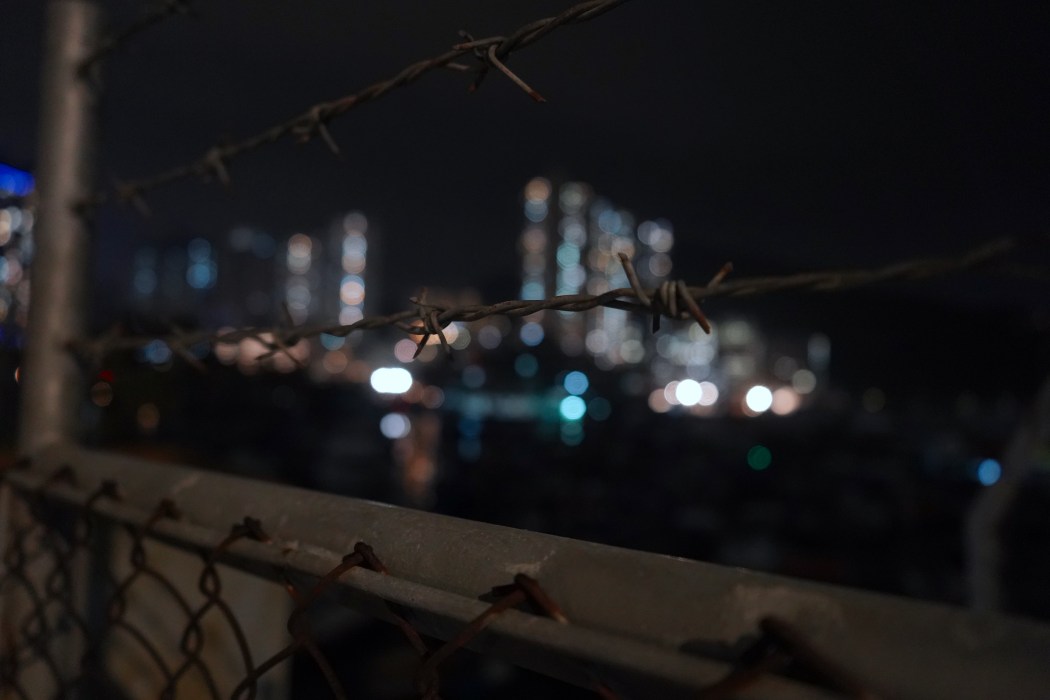
Once again, Hugo defied all odds. He escaped prison and found refuge in a neighbouring country. But it wasn’t enough – Hugo had been branded an enemy of the state and believed he was being hunted.
“I thought: ‘It’s better to flee to a country that is far from the African continent,’” he explains. A few weeks later, he arrived in Hong Kong in search of the city’s office of the United Nations High Commissioner for Refugees (UNHCR).
Hugo is one of approximately 14,000 asylum seekers in Hong Kong, according to estimates from non-profit organisation the Justice Centre Hong Kong. Fleeing the horrors of home, they arrive in the city in search of sanctuary. Many are survivors of torture, genocide, and human trafficking.
Often, it is only upon landing in the city that these individuals realise how few rights they are granted.

“The 1951 United Nations’ Convention Relating to the Status of Refugees and its 1967 Protocol have never applied to Hong Kong, and hence illegal immigrants seeking non-refoulement in Hong Kong will not be treated as ‘asylum seekers’ or ‘refugees’,” the city’s Immigration Department (ImmD) said in a statement.
“Non-refoulement claimants are illegal immigrants, overstayers or persons who were refused entry upon arrival in Hong Kong. They do not have any legal status to remain in Hong Kong. Regardless of the outcome of their claims, they have no right to work in Hong Kong.”
‘My life is on pause’
The UN Refugee Convention defines the term “refugee” as someone who, “owing to well-founded fear of being persecuted for reasons of race, religion, nationality, membership of a particular social group or political opinion, is outside the country of his nationality and is unable or, owing to such fear, is unwilling to avail himself of the protection of that country; or who, not having a nationality and being outside the country of his former habitual residence as a result of such events, is unable or, owing to such fear, is unwilling to return to it.”
The convention, which was approved in 1951, was created to protect European refugees of World War II. The 1967 Protocol expanded the convention to cover refugees “without any geographic limitation”. There are 143 countries and territories that have agreed to the obligations of both the convention and its protocol. Hong Kong is a signatory of neither, alongside places such as Libya, Cuba, and Iraq.
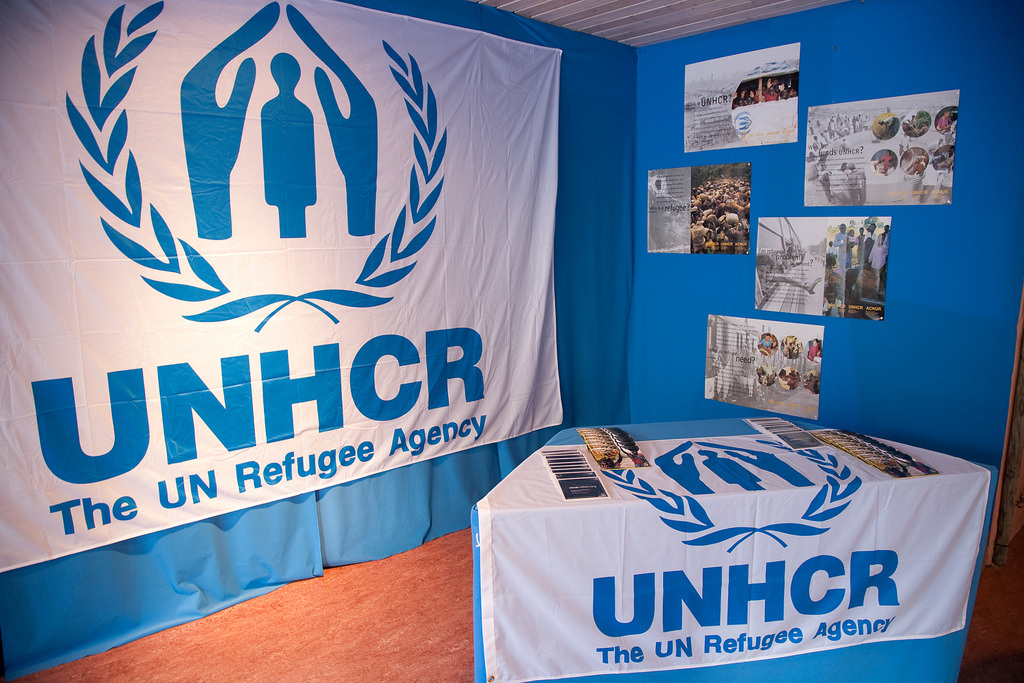
Instead, to satisfy international human rights law, the Immigration Department uses a “unified screening mechanism” (USM) to determine “claims for non-refoulement protection against expulsion, return or surrender from Hong Kong to another country on all applicable grounds.”
According to a government notice, “Non-refoulment protection will be afforded to claimants who on substantial grounds will be subject to real and personal risks on any applicable grounds.”
In May 2020, then-secretary for security John Lee said that “ImmD’s handling time for each claim has been shortened from about 25 weeks on average at the early implementation of USM to the current average of about 10 weeks”. However, the Christian Action Centre for Refugees, a non-profit offering social support to refugees, says that “many claimants are still stuck in Hong Kong for years due to appeal and other reasons.”
Of Hong Kong’s 14,000 asylum seekers, just 281 have had their non-refoulement claims accepted, according to the latest figures from the Immigration Department.
Upon approval, individuals gain one key privilege: they will not face deportation while they wait to be resettled elsewhere by the UNHCR, a process that can also take years. Additionally, they can apply for a six-month work permit, which is granted at the discretion of the Director of Immigration. Immigration Department figures show that only 122 individuals currently hold such a permit.

Hugo has been in Hong Kong – and in limbo – for 10 years. Even though he is a substantiated non-refoulement claimant, he is not one of the lucky few with permission to work.
“I sometimes wish I could have fled to Australia, or England, where I could have had a quick assessment of my case. If I was granted refugee status there, I’d be allowed to work, and also be on a path to citizenship,” he says.
“[My future] is full of uncertainties. I always tell people, ‘my life is on pause.’”
Unable to work and with a family to support, Hugo’s unrelenting optimism has been key to their survival – others in the same position have turned to illicit trades and some have been imprisoned. “I find it better to wait, than struggle every day and put myself in danger,” he says.
Lucrative market
In his home country, where corruption and violence were the norm, Sam* told HKFP that he faced direct threats to his life. He fled, trying and failing to seek asylum in Europe and the Middle East and, after an arduous journey, he arrived in Hong Kong on foot, only to have his plight unrecognised by the government. His non-refoulement claim has never been substantiated.
Sam was once a plumber. Now he sells drugs to make ends meet.
According to Jeffrey Andrews, a social worker and manager at the Centre for Refugees, asylum seekers are frequently targeted by organised crime in the city. “They’re sadly a very, very lucrative market for local triads now,” he explains.
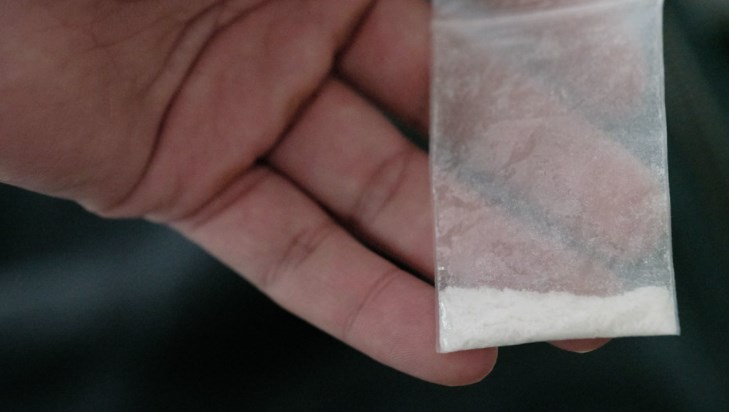
At night, Sam wanders the streets, waiting for customers to buy pouches of cocaine and marijuana. He doesn’t want to be in the drug trade – it is a means for survival.
“I was working in a [small shop], and then business fell during the protests,” he explains. Even working that job was illegal. He would have faced up to three years in prison if he had been caught.
After half a decade narrowly avoiding destitution in Hong Kong, Sam plans to return home. “I have no work visa. I cannot work, but [the government gives] you only a HK$1,200 ParknShop food card! How do you do it? I cannot eat! You know every country has [my] people. In Europe they let you work some hours, some six hours, eight hours. Here, there is no work.”
Driven by desperation
Hugo might have chosen the legal path, but he still struggles. He relies on government subsidies and charity from non-governmental organisations, his church and friends to have enough to survive as he awaits resettlement somewhere he and his family can have a future.
“I believe that the time always arrives. It’s not easy, it’s very tough. Especially to take care of the children every single day. They can’t live with the allowance from the government,” he says. “Any [other] country would be a relief to me.”

Access to cash is one of the many challenges the city’s asylum seekers face. The government provides non-refoulement claimants with some assistance: each adult receives a prepaid HK$1,200 supermarket voucher per month; HK$1,500 monthly rental allowance that is paid directly to the landlord; HK$300 per month for utilities, which is paid directly to the providers; and between HK$200 and HK$420 per month for transport.
However, “the government has to ensure that such humanitarian assistance does not become an incentive which would create a magnet effect in attracting more illegal immigrants to seek unlawful entry into and remain illegally in Hong Kong,” Lee said in 2020.
“The entire system has been designed in a way such that there will be no cash flowing through [their] hands”, says Preston Cheung, senior advocacy and communications officer of the Justice Centre Hong Kong.
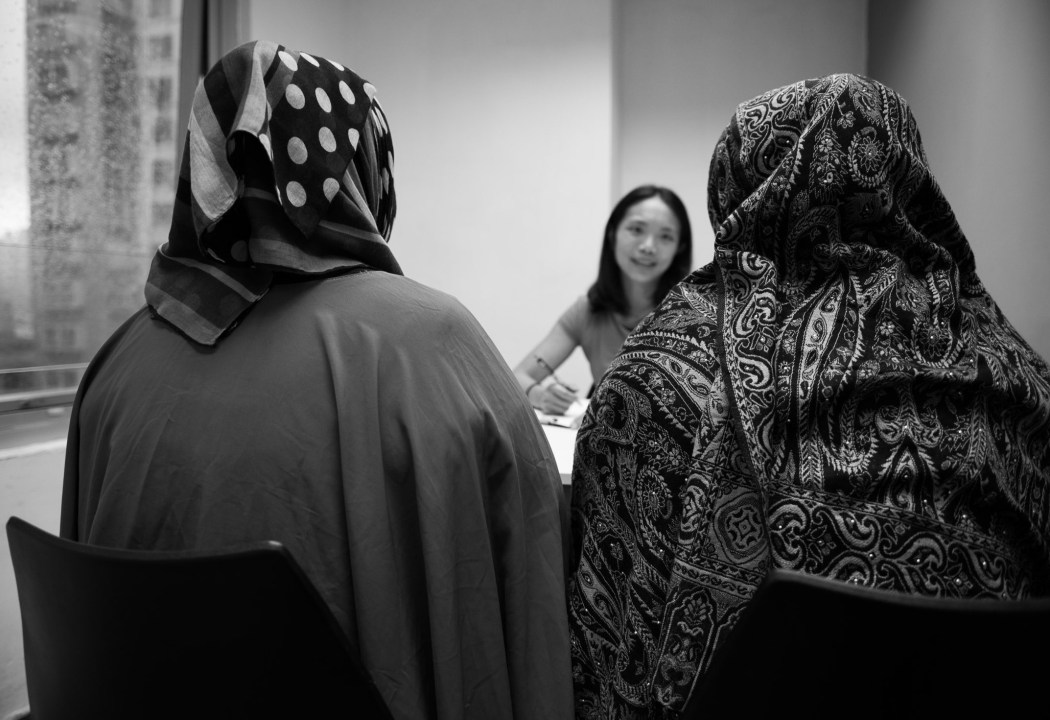
“On the policy level, there already exists a need for refugee parents to get cash in order for refugee children to actually receive an education,” he explains. Refugee children can attend public schools, but parents must pay up-front for stationery, textbooks, and other supplies before being partially reimbursed by the Student Finance Office.
With access to very little cash and almost no opportunities to work legally, there are very few options for refugee families to make ends meet.
“[Asylum seekers] are forced to work illegally, forced to find a way to sustain themselves”, notes Andrews.
He explains that many in the low-wage industry are exploited for their lack of work permits. They are often underpaid, with nobody to help them when treated unfairly. Reporting any ill-treatment to the authorities would land them in prison for working illegally.

The Centre for Refugees discourages clients from working without a permit, but desperation is a strong motivator.
According to Andrews, some parents who choose to abide by the law have made the difficult decision to ration their baby’s meals and sell their milk powder to make ends meet. The government subsidies simply aren’t enough.
Policy change
In a 2014 judicial review, Hong Kong’s highest court, Court of Final Appeal, ruled that refugees do not have the constitutional right to work in Hong Kong. “But this does not forbid the government from giving such rights, under its administrative discretion, to these people,” Cheung of the Justice Centre asserts.
The goals of the Justice Centre are simple. In the short term, it focuses on those who are granted the right to work, calling for the validity of work permits to be extended from six months to a year, effectively halving the costs and administrative work needed for processing. In the long term, the Justice Centre wants all substantiated refugees to be granted the right to work, and for all non-refoulement claimants to have their allowances increased.
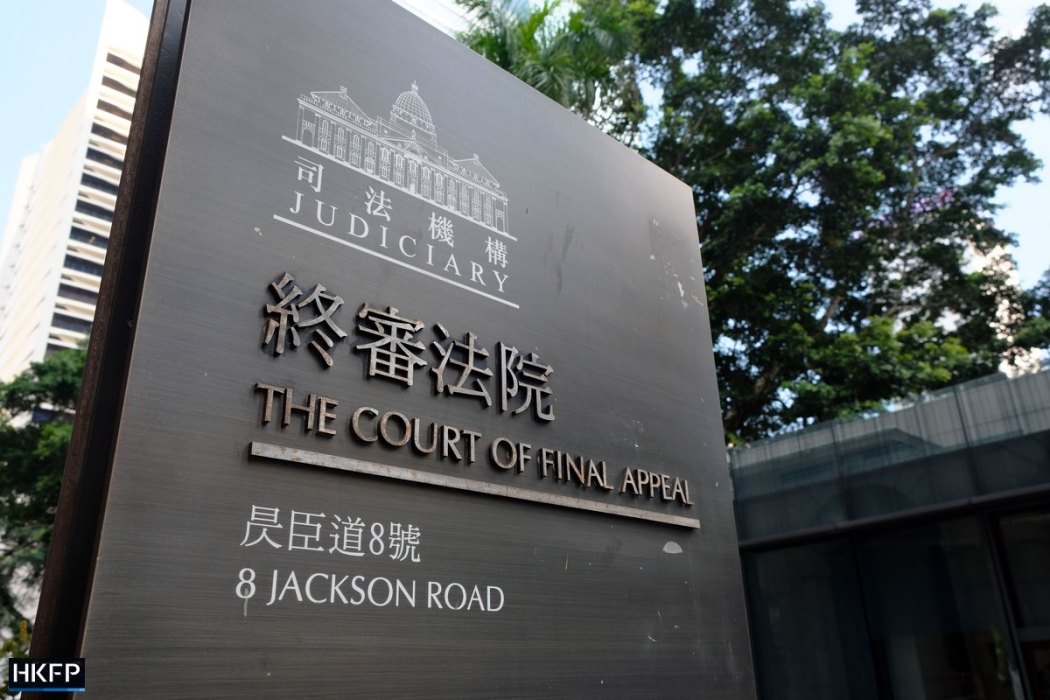
The government allowance for refugees has not changed in years. It has not been adjusted to account for inflation, the increasingly expensive rental market, or increased food prices during the pandemic. Ultimately, it is the refugees who pay the price for this.
While the Justice Centre wants to move forward, recent changes to immigration law have taken a step back for refugee rights. The Immigration (Amendement) Ordinance 2021 restricted the right for a non-refoulement claimant to have a court interpreter fluent in their mother tongue, adding yet another expensive administrative hurdle for these individuals.
“The Hong Kong Special Administrative Region Government maintains a firm policy of not granting asylum and not determining or recognising refugee status of any person,” the Immigration Department said when asked for comment.
“Regardless of the outcome of their non-refoulement claims, the Immigration Department (ImmD) will not permit the claimants to remain in Hong Kong. If their claims are rejected or the risks they face cease, ImmD will remove them to their places of origin as soon as practicable.”
Immigrant society
For refugee teenagers raised in Hong Kong, the angst associated with adolescence can be much more severe. Even those born in the city do not have any legal immigration status.
“Socially, they don’t feel connected to the city. They don’t have hope,” Andrews says.
As a result, Andrews says that he sees teenagers – some he has known since they were born – going down the wrong path. With little to no prospects for their future, many lose the motivation to do well in school, blaming both the system and their parents for what is seen as an inevitable outcome, he says.
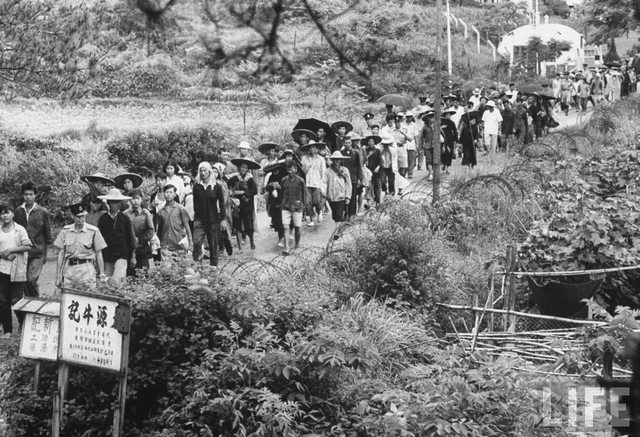
According to Cheung of the Justice Centre, stigma and marginalisation are among the many reasons refugees do not feel connected to the city, adding that this stigma can be attributed to a lack of understanding about Hong Kong’s refugee past.
“When people think of the United States, they think of it as an immigrant society. The fact remains that Hong Kong is also an immigrant society – but without recognition,” Cheung explains.
During the mid-20th century, as many as 2 million people fled mainland China for Hong Kong, seeking sanctuary from the famine and conflict of communist rule. However, few of these migrants would still self-identify with the term refugee.
Victims of the system
Those looking for refuge in the city today find the odds stacked against them. “They’re just being abused left, right, and centre in the system” Andrews says.
Andrews tells the story of one Hong Kong refugee who occupied a makeshift home to live on the HK$1,500 rent allowance – a metal shed that was known to social workers. His home tragically caught fire and he was burnt to death in the inferno.

The reality is, for just HK$1,500 per month, the community is left with some of the worst that Hong Kong’s increasingly expensive housing market has to offer – subdivided flats. These are already small apartments that have been partitioned into even smaller individual living quarters.
Sewage pipes under makeshift plywood beds are not uncommon, according to Andrews, who recalls hearing of one individual taping up the pipes to avoid getting sick from leaking sewage.
“All these obstacles create more avenues to think ‘I need to survive by working’,” Andrews notes.
Inclusion, not exclusion
Alexander Betts is a professor of forced migration and international affairs at the University of Oxford’s Refugee Studies Centre in the UK. He argues that government policy doesn’t reflect the benefits that working refugees can bring to Hong Kong’s society and economy.
“By allowing refugees to work, you can take them out of the informal economy, enable them to pay tax, contribute, and also ensure that they can be perceived as contributors to the host society,” he says. “It’s clear across the board, from [our research] in Africa, and the evidence that exists in Europe, North America, and elsewhere, that refugees, given the opportunity, can make extraordinary contributions to those societies, and that there is a significant economic and societal cost to asylum seekers being excluded from labour markets.”

Many refugees come from highly skilled backgrounds. Educated as lawyers, engineers, and doctors, their talents go to waste under the city’s immigration policies.
“We have such huge potential within the Hong Kong refugee community that has been ignored to date,” Cheung says. The Justice Centre employs a work-permit holding refugee; a lawyer in his home country, he now works to provide assistance to others in the position he once was in.
The Centre for Refugees also runs an employability programme, through which refugees are trained for the fast-paced work environment of Asia’s World City and employers are trained to accommodate them. Andrews says he has been overwhelmed by the initiative’s outcome. Employers have been lining up to hire those whose non-refoulement claims have been substantiated, with the only roadblock being a lack of work permits.
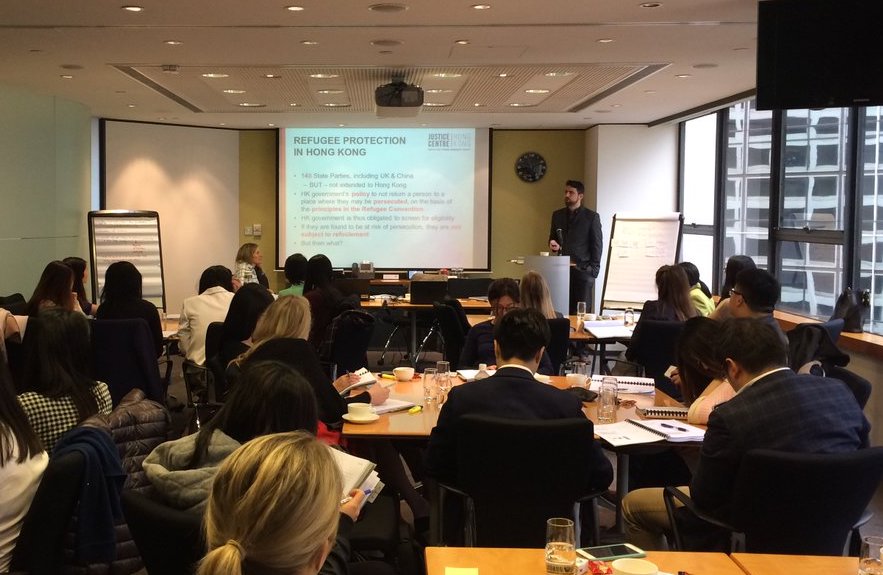
Many of Andrews’ clients who have legally entered the workforce have been praised by their employers for their outstanding work ethic.
One was awarded employee of the year by a large hotel chain which employs over 500 others, Andrews says. Another, a former rebel soldier in his home country, fought a fire in a hotel kitchen. In a letter shown to HKFP, he was commended by his employer, and credited with saving the lives of his colleagues.
“We need to consider that accepting refugees is a humanitarian obligation, even for a country that is not a signatory to the 1951 convention,” Betts explains.
“If we take that obligation seriously, then it makes sense that once people are on our territory, rather than exclude them from participation in labour markets, rather than making them dependent upon the state, we should enable them to help themselves, help their families, and contribute to the economy and society as a whole.”
*Hugo and Sam’s names have been changed to protect their identities.
Correction 21.02.2022: Owing to an error introduced in the editing process, an earlier version of this article incorrectly stated that employers were lining up to hire asylum seekers. This has been amended to state that employers were lining up to hire substantiated non-refoulement claimants.
Born and raised in Hong Kong, Mihir Melwani is a freelance journalist who covered the 2019 protests. He has worked with local and international outlets such as Channel 4 UK, VICE News, and Studio Incendo. Mihir has an interest in underground and offbeat stories, geopolitics, conflict areas, and human rights.
Support HKFP | Policies & Ethics | Error/typo? | Contact Us | Newsletter | Transparency & Annual Report | Apps
Help safeguard press freedom & keep HKFP free for all readers by supporting our team

LATEST FROM HKFP
HKFP has an impartial stance, transparent funding, and balanced coverage guided by an Ethics Code and Corrections Policy.
Support press freedom & help us surpass 1,000 monthly Patrons: 100% independent, governed by an ethics code & not-for-profit.










